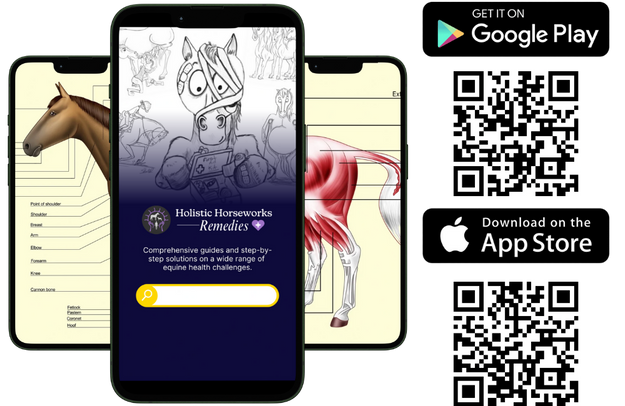Equine Vaccines: What’s In Them and How to Help Your Horse Naturally
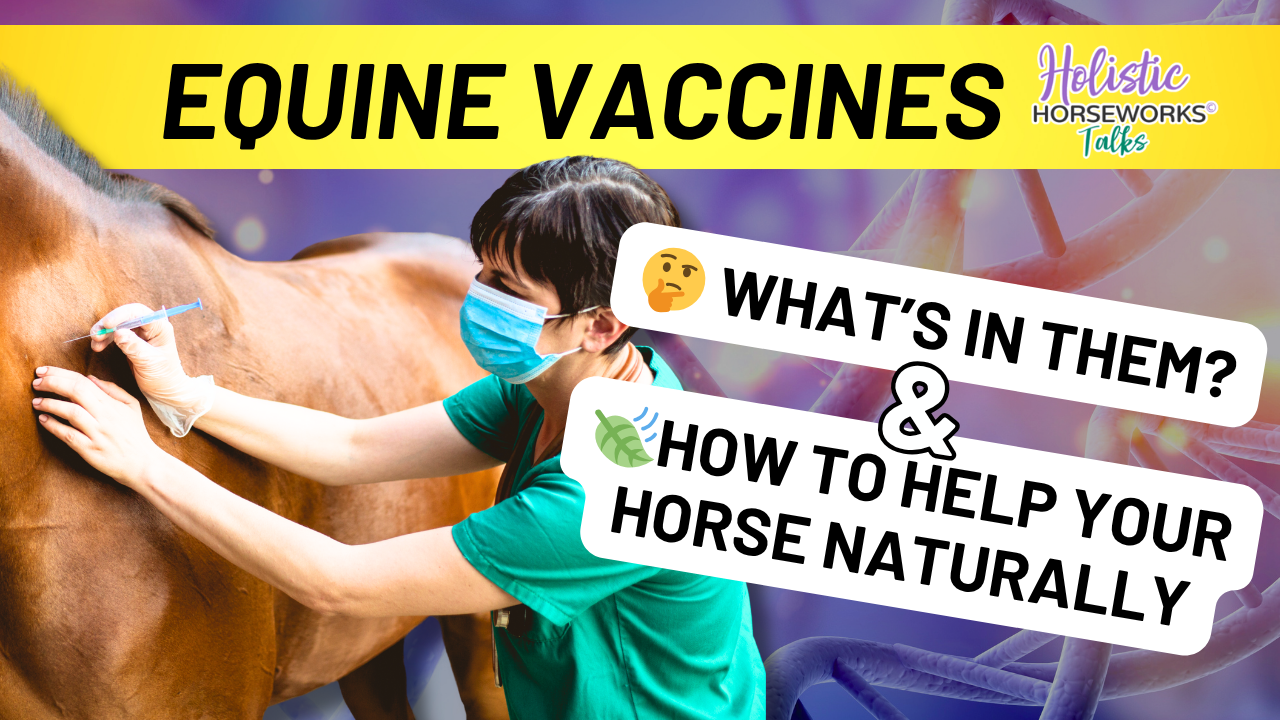
Share This Post:
Vaccines are often considered a cornerstone of equine health, but have you ever wondered exactly what’s in them, or how they might be affecting your horse’s long-term health?
In this episode of Holistic Horseworks Talks, April Love of Holistic Horseworks and veterinarian Dr. Jeff Grognet of New Earth Vet dive deep into the ingredients commonly found in equine vaccines, the potential side effects of over-vaccination, and what you can do to support your horse’s immune system naturally.
This conversation will help you understand the bigger picture of vaccine safety, why titers and spacing matter, and how to keep your horse vibrant and healthy well into their 30s.
🐴📱 For more resources on supporting your horse’s immune system and overall health, download the Holistic Horseworks Remedies App—your go-to guide for all-natural, expert horse care, right in your pocket.
The Subtle (And Not So Subtle) Side Effects
Maybe you’ve noticed your horse acting a little “off” after a vaccine clinic—tired, stiff, or not quite themselves. Or perhaps you’ve heard friends at the barn mention that their horses just don’t bounce back after vaccines the way they used to. These observations are more common than many realize, and they’re exactly what April and Dr. Jeff have been seeing in barns across the world.
April has worked with thousands of horses over the years and has noticed a pattern that’s hard to ignore:
-
Lethargy and stiffness: Horses often appear tired, sore, and unwilling to move freely after mass vaccination clinics.
-
Dullness in the eyes: A once-bright eye can look cloudy or “off” within days of receiving multiple vaccines.
-
Chronic issues that linger: Owners frequently report that their horses “haven’t been the same” for weeks or even months after vaccines, struggling with recurring hoof problems, metabolic issues, or a generally weakened immune system.
“When horses are given five or six vaccines at once, their systems simply can’t process the overload,” April explains. “It’s a full-body stress response, and the signs often show up in ways that get dismissed or misattributed.”
The problem is that many barns schedule vaccines in bulk for convenience and cost savings, giving every horse on the property multiple shots on the same day. While this may seem efficient, the reality is that it can overwhelm the horse’s immune system and set the stage for lasting health challenges.
What’s Really in Equine Vaccines?
Most equine vaccines contain adjuvants—chemical additives designed to enhance the immune response. While these ingredients are effective at triggering a stronger reaction from the body, they can also build up over time and contribute to health issues.
Some common adjuvants and carriers include:
-
Thimerosal (mercury-based): A preservative containing nearly 50% mercury. Mercury is a known neurotoxin that can interfere with immune and nervous system function.
-
Aluminum: Another adjuvant commonly used to increase immune response. Aluminum has been linked to neurodegenerative conditions in other species when it accumulates in the body.
-
MSG and other preservatives: Added as carriers or stabilizers, these compounds can provoke inflammatory responses in sensitive animals.
Dr. Jeff notes that while small-animal medicine has evolved to create “cleaner” vaccines (some even adjuvant-free), equine vaccines are still behind the curve.
“Large-animal medicine hasn’t caught up yet,” Dr. Jeff explains. “There’s little pressure to innovate because most horse owners don’t know they can ask for alternatives.”
Why Vaccine Overload Can Be Harmful
The body needs time and energy to process each vaccine. Giving multiple vaccines at once can overwhelm the immune system and set the stage for chronic health problems.
-
Immune confusion: The body can’t effectively build strong immunity when it’s asked to fight off several diseases at once.
-
Strained liver and kidneys: Heavy metals and preservatives put extra pressure on the organs that handle detoxification.
-
Hoof and coat quality declines: April has observed that poor nutrient absorption (caused by liver stress) can show up in the feet within 6–8 weeks after vaccines. Thin soles, brittle hoof walls, and dull coats are common.
Horses in high-stress environments—such as show barns or frequent travelers—are especially vulnerable because their systems are already under pressure.
Titer Testing: An Overlooked Solution
One way to avoid unnecessary vaccines is to test your horse’s antibody levels before re-vaccinating. This process is called a titer test, and it can tell you whether your horse still has immunity from previous shots.
-
How it works: Your vet draws blood and sends it to a lab to measure antibody levels.
-
Why it matters: Many horses maintain immunity for years, making yearly boosters unnecessary.
-
Barn policy challenges: Unfortunately, many boarding barns or show organizations require vaccines on a schedule, regardless of titer results.
“We need barn owners and show organizers to allow titer tests as proof of immunity,” April urges. “It’s better for the horses and avoids unnecessary risk.”
How to Support Your Horse’s Immune System Naturally
Even if you can’t avoid conventional vaccine schedules, there are steps you can take to minimize the impact:
1. Space Vaccines Apart
-
Give one vaccine at a time whenever possible.
-
Allow at least 3–4 weeks between vaccines so the body can fully process each one.
-
Avoid pairing vaccines with other stressors like worming, dental work, or major travel.
2. Use Passive Detox Support
-
April recommends liquid zeolites (like Natural Cellular Defense or ACZ Nano) to help the body clear heavy metals.
-
Start detox support a week before and continue a week after vaccines.
3. Support the Liver and Kidneys
-
Add liver-supporting herbs such as milk thistle and dandelion to the diet.
-
Ensure your horse has access to clean, mineral-balanced water to help flush toxins.
4. Watch for Early Warning Signs
-
Dull eyes, lethargy, hoof quality changes, or “off” behavior can indicate the body is struggling to recover.
-
Take before-and-after photos of your horse’s eyes and note any changes.
Why This Matters for Every Horse Owner
This is not an anti-vaccine message. Vaccines have their place in protecting horses from serious diseases. But when they’re overused or stacked together without considering the horse’s unique needs, the risks can outweigh the benefits.
-
Ask questions: Does my horse really need this vaccine right now? Could a titer test confirm immunity?
-
Challenge barn policies: Work with other boarders and barn owners to advocate for safer vaccine protocols.
-
Educate yourself: The more you know about what’s in vaccines and how they affect the body, the better you can advocate for your horse.
The best thing you can do is start paying attention. Does your horse’s health change after shots? Ask your barn friends, too. The more we observe and share, the better we can protect our horses.
🐴📱 And if you’re looking for step-by-step guidance on what you can do to help your horse recover and stay strong, the Holistic Horseworks Remedies App is packed with natural solutions you can use right away.
🍎 The Holistic Horseworks Remedies App
Give the Holistic Horseworks Remedies App a 7-day test ride—no reins attached! Watch, listen, and learn your way to a happier, healthier horse, risk-free!
🍎 Horse 102: Holistic Alternatives
If you want more info on natural horse care, don’t miss my Horse 102: Holistic Alternatives book. This is the essential guide every horse owner needs for those moments when sickness, injury, or emergencies pop up. I wrote this handbook to be as practical and affordable as possible, with step-by-step solutions that are easy to follow and actually work.
Inside, you’ll discover better alternatives you can put to use with simple ingredients you already have at home. I cover everything from managing bugs, to treating wounds and recognizing colic symptoms, plus lots more.
More Holistic Horse Care Education
Your Health Now: February 18th, 2026
In this episode of Your Health Now, April Love walks through a real case — her client Jane, who traveled to Indonesia and came
Unlocking the Secrets of Holistic Horse Care: Insights from the Equine Musculoskeletal Program
In the world of horse care, understanding the musculoskeletal system is vital for ensuring the health and performance of our equine companions. In a
6 Must-Know Hore Care Tips for Winter
In this comprehensive guide, we'll share five essential cold weather horse care tips straight from the experts at Holistic Horseworks.Whether you're dealing with freezing
Equine Vaccines: What’s In Them and How to Help Your Horse Naturally
Vaccines are often considered a cornerstone of equine health, but have you ever wondered exactly what’s in them, or how they might be affecting
Barn Life Tips for a Bug Free Summer
Every season, I hear from folks battling mosquitoes, flies, and ticks in the barn, garden, and pasture. Over the years, I’ve found a few
Horses Are Talking, Are You Listening?
Holistic equine expert April Love wants you to know: your horse is speaking. And once you learn how to listen, everything changes. In her
How a Distance Reading CHANGED Kimberly and Her Horse
In this interview, holistic healing expert April Love uncovers the deep, often invisible threads connecting horse and human wellness. Join Kimberly, host of The
Summer Travel Tips for Your Horse: Keep Them Happy, Healthy, & Hydrated
Traveling to summer shows and events can be exciting, but for our horses, it often comes with a heavy load of emotional and physical
Mud Fever Prevention and Remedies
Mud fever, also known as pastern dermatitis, scratches, grease heel, etc., is a common skin condition in horses caused by a combination of wet
Is It Really a Training Problem, or Is Your Horse in Pain?
If your horse bucks, resists the canter, or just feels off under saddle, the first thing many people assume is that it’s a training
Sign Up for Our Newsletter



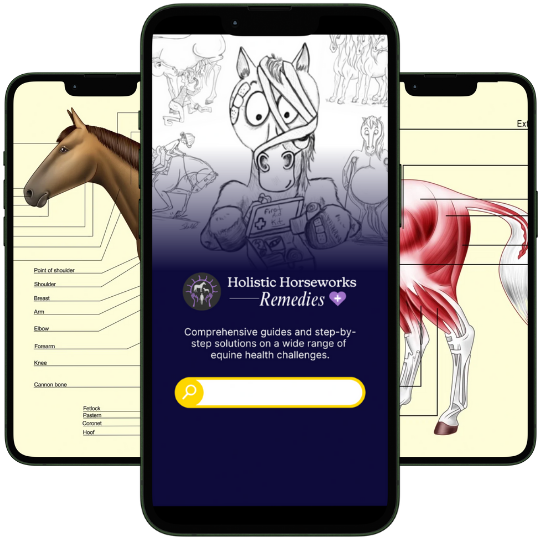


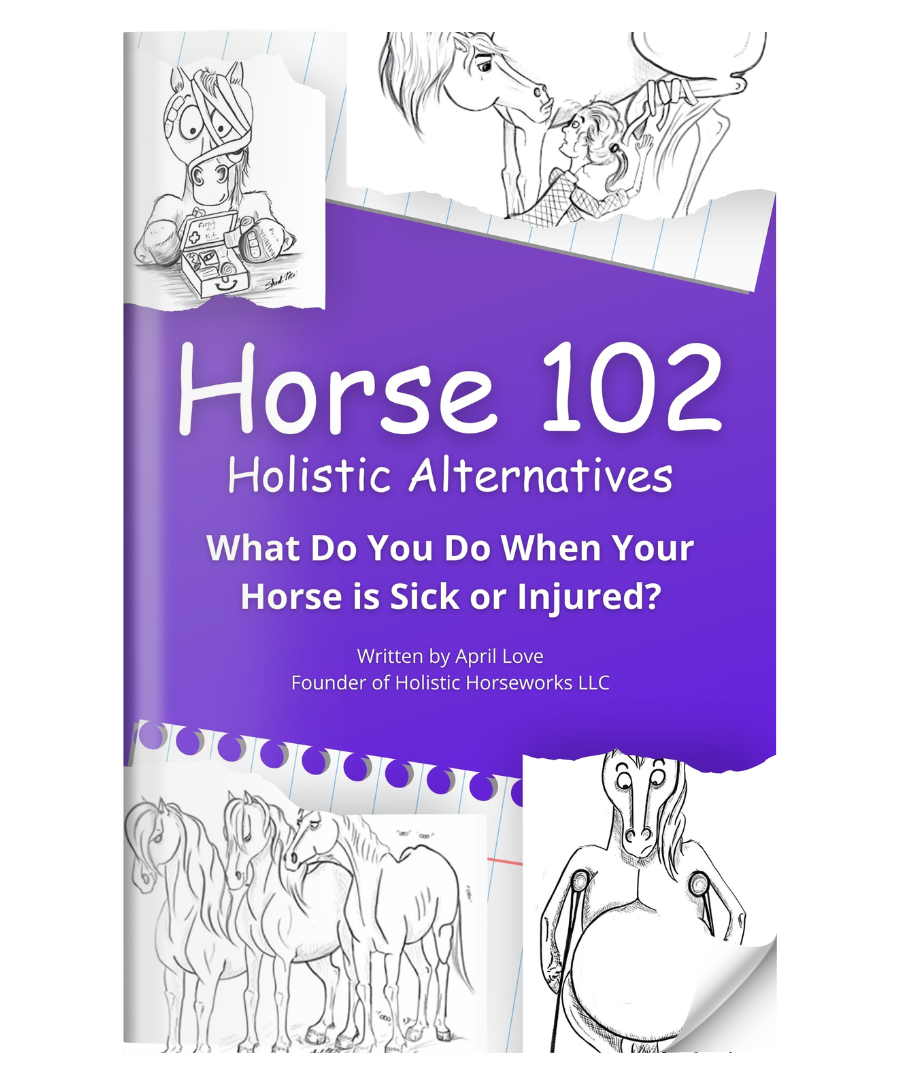
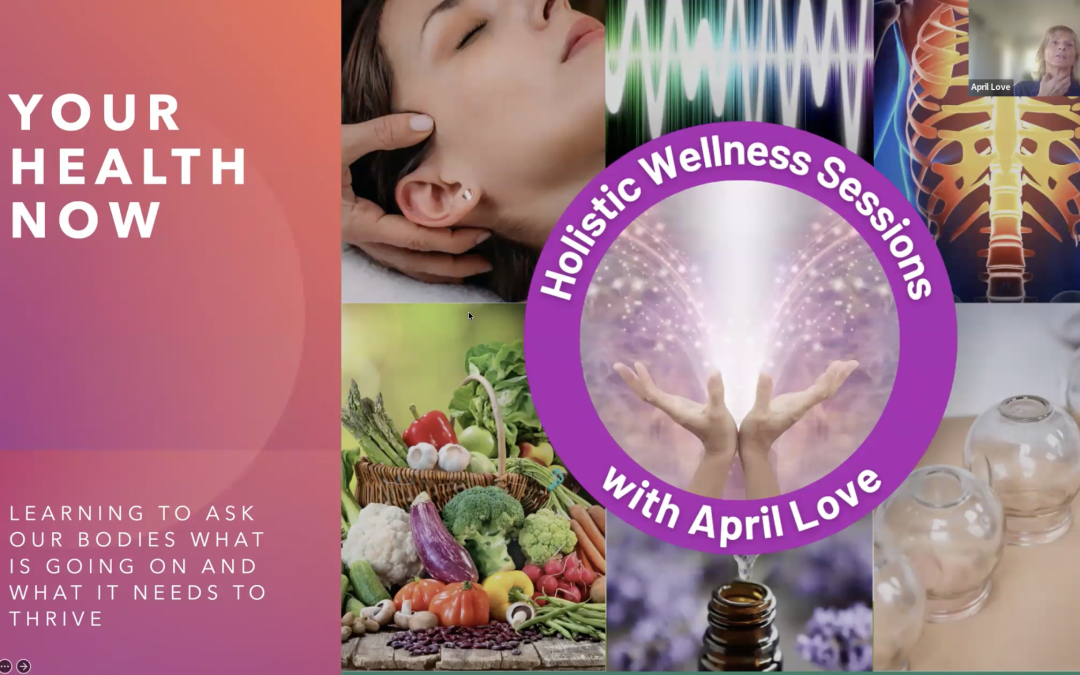

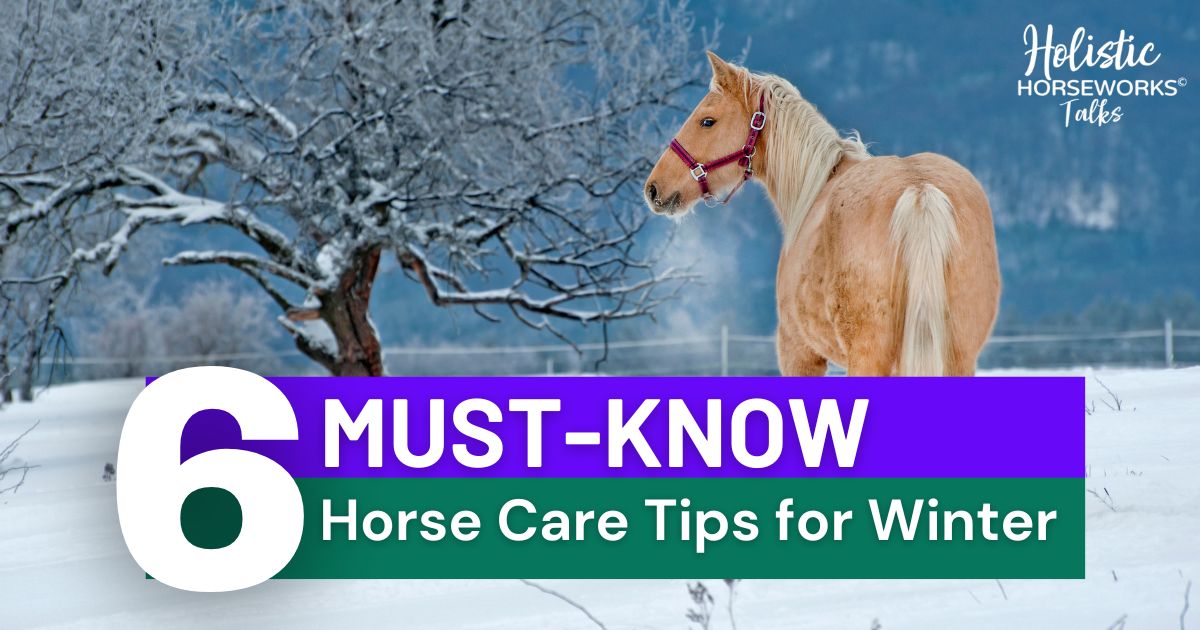
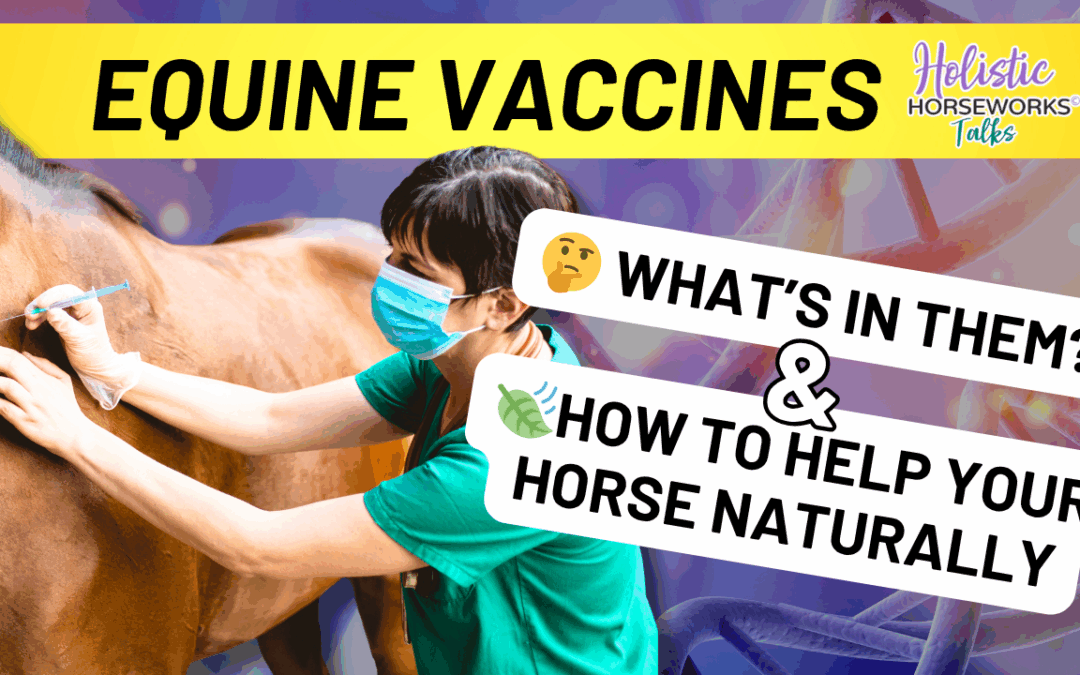
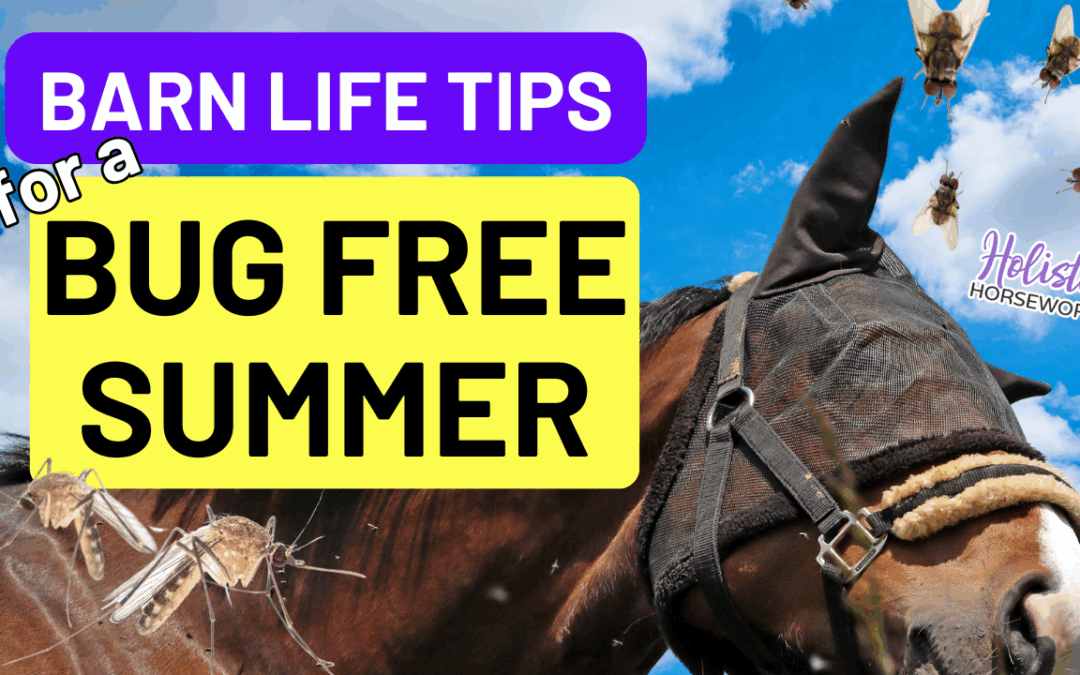
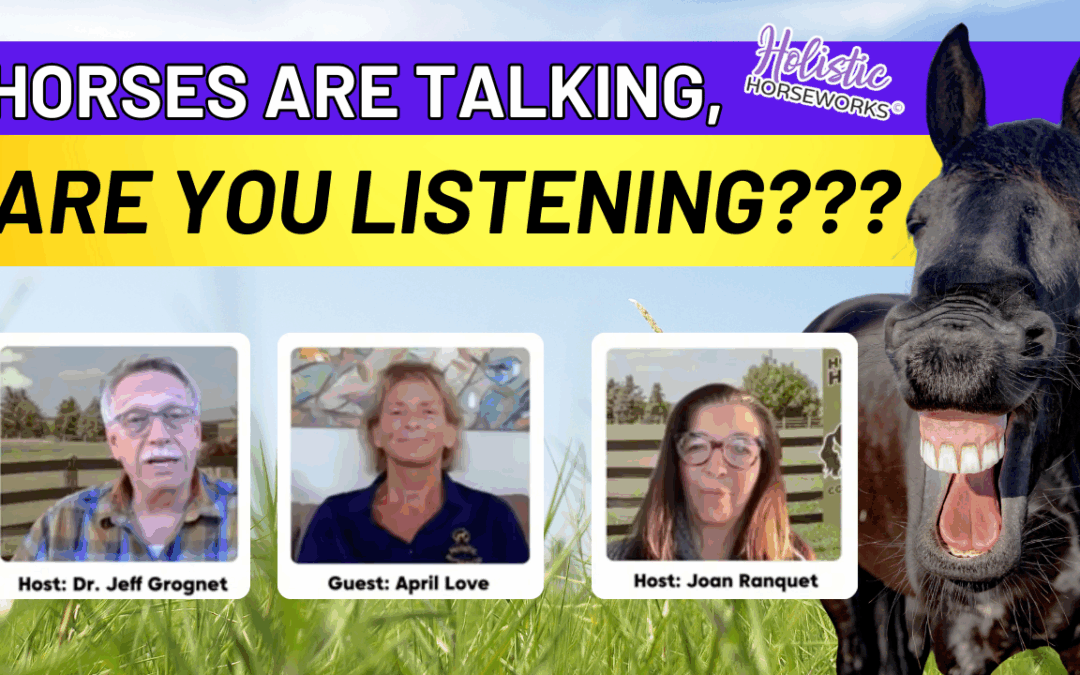

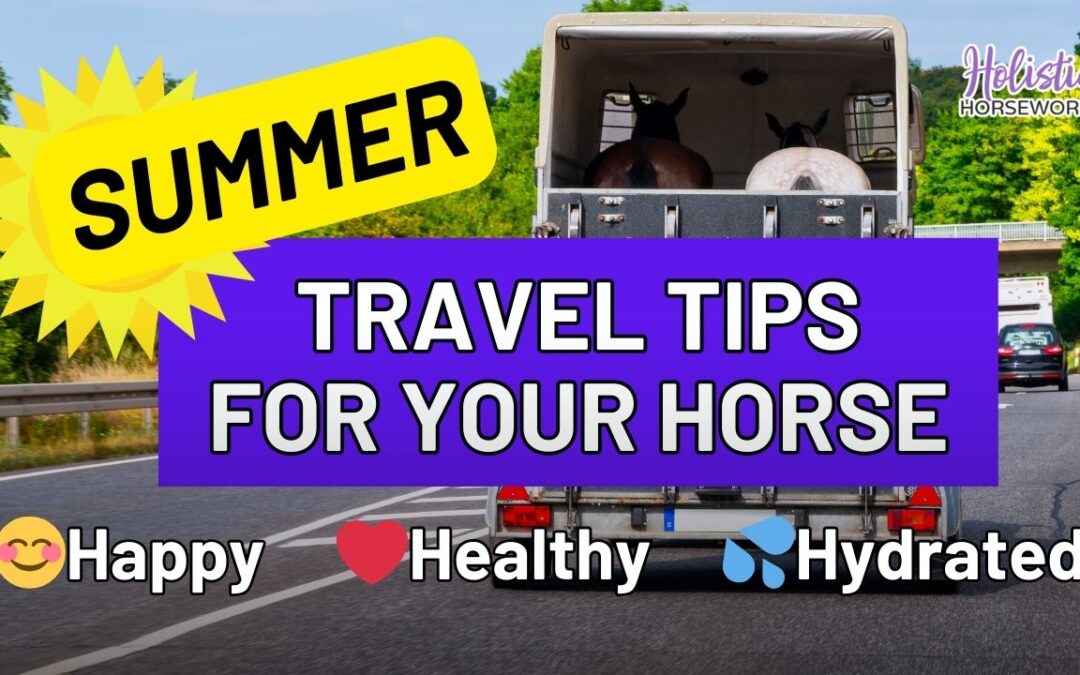
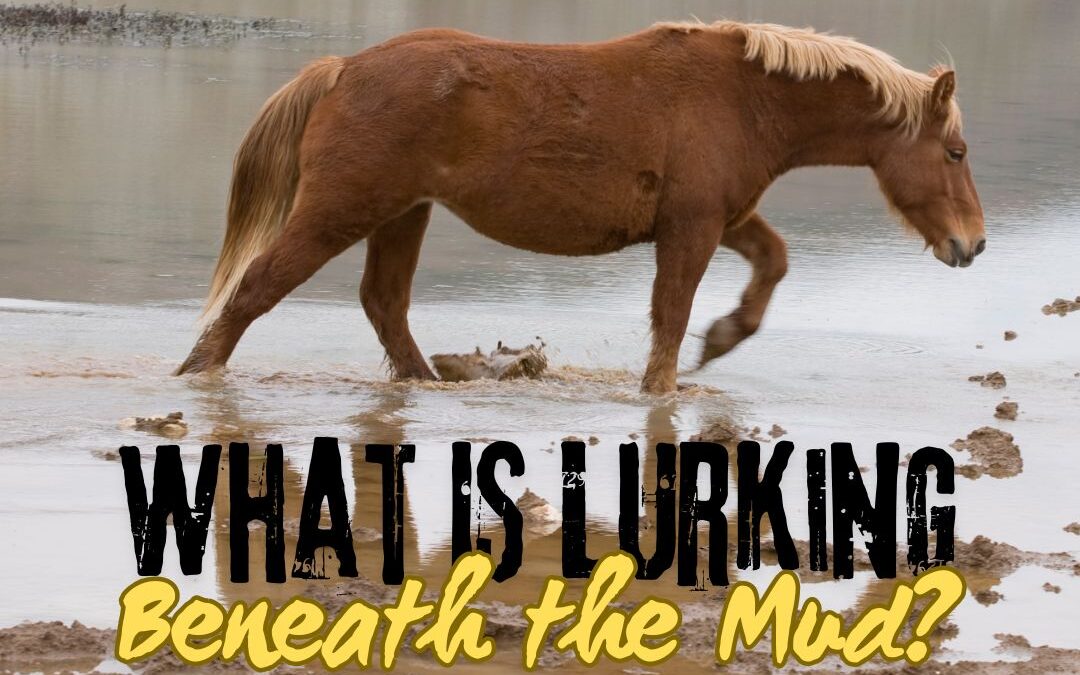
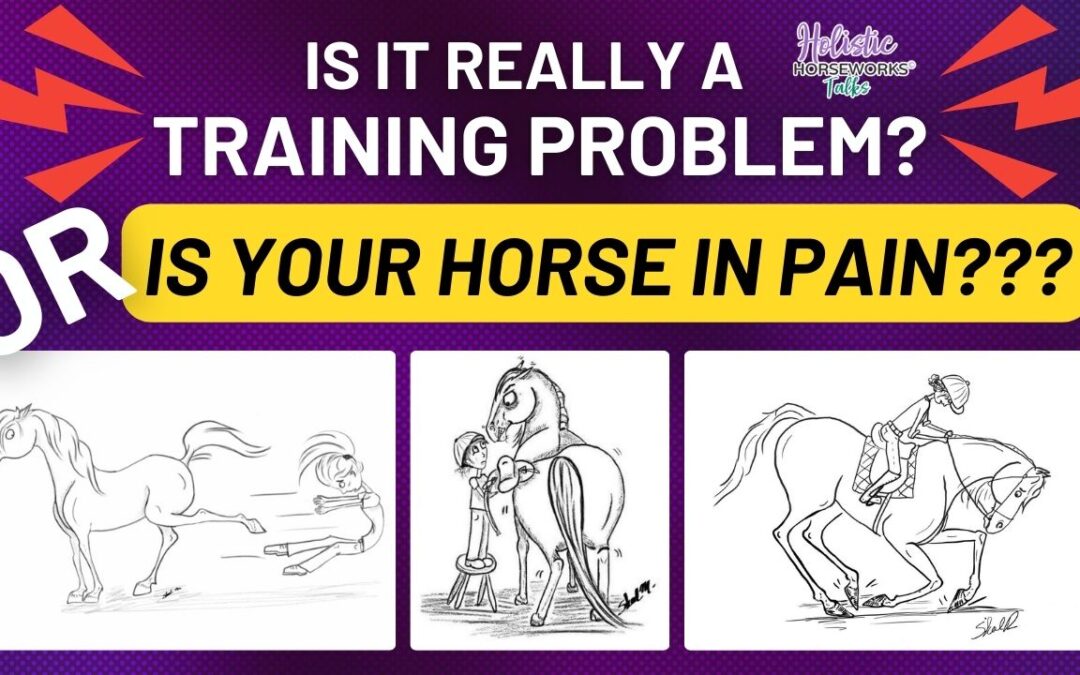
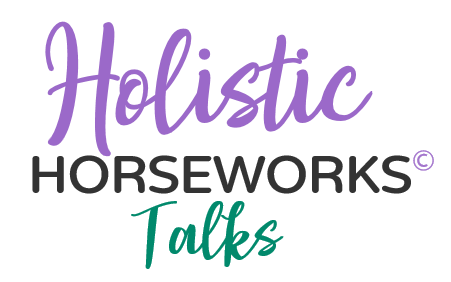
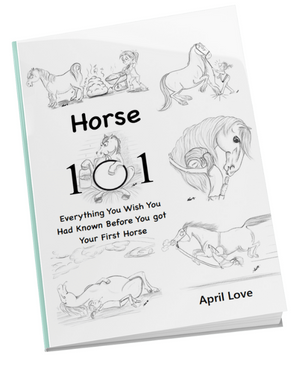
![Complete Level 1 & Level 2 Home Study + Private Training Package [NO DVD]](https://holistichorseworks.com/wp-content/uploads/2022/08/Level-1-and-Level-2-complete-home-study-and-training-package-400x400.jpg)
![Level 1 "Equine Musculoskeletal Unwinding" Home Study -Watch Instantly [NO DVD]](https://holistichorseworks.com/wp-content/uploads/2022/08/Level-1-Home-Study-400x400.jpg)
![Level 2 “CranioSacral Unwinding & Advanced Applied Kinesiology” Home Study - Watch Instantly [NO DVD]](https://holistichorseworks.com/wp-content/uploads/2022/08/Level-2-Home-Study-400x400.jpg)

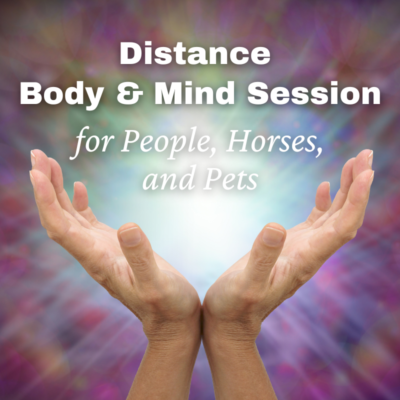
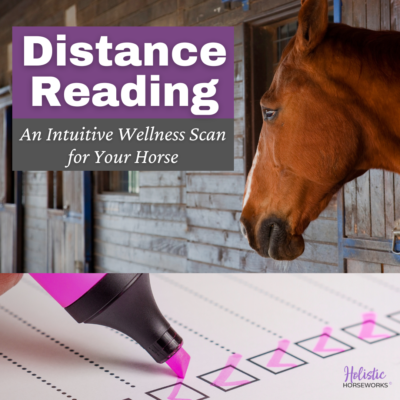
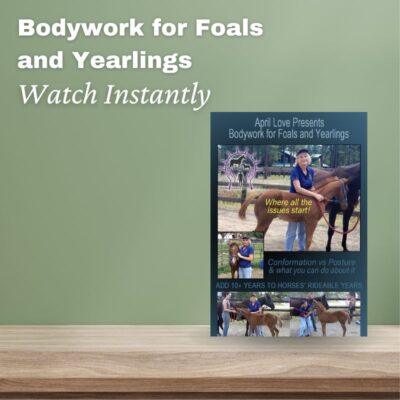
![Equine CranioSacral Energy Work -Watch Instantly [English and French]](https://holistichorseworks.com/wp-content/uploads/2022/09/equine-cranial-sacral-energy-work-watch-instantly-400x400.jpg)
